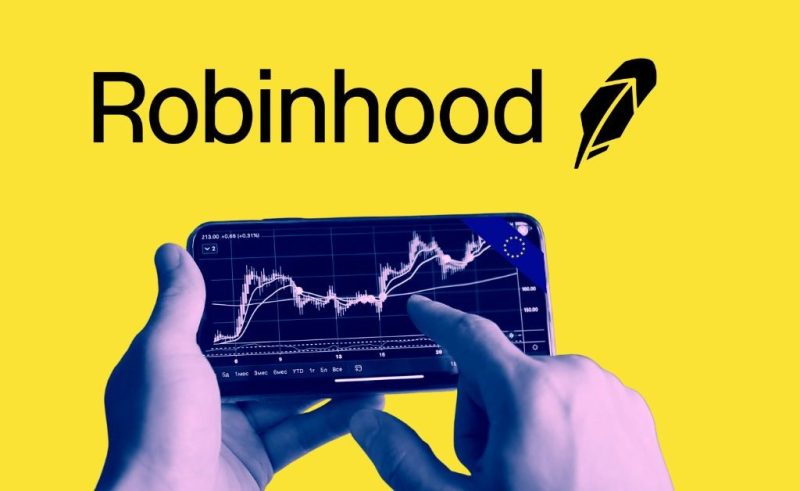Tokenized Securities Could Transform How European Investors Trade U.S. Assets
Robinhood is reportedly building a blockchain network aimed at enabling European retail investors to trade tokenized U.S. securities. According to a May 7 Bloomberg report, the fintech giant is planning this expansion to solidify its presence in the region.
This initiative follows Robinhood’s acquisition of a Lithuanian brokerage license in April 2025, which grants it permission to offer investment services across the European Union. The move signals the company’s broader ambition to integrate blockchain technology into traditional finance.
Arbitrum and Solana Compete for Blockchain Partnership
Sources say Robinhood is in talks with both the Arbitrum and Solana Foundation teams, though no final decision has been made. Both are known for scalable blockchain infrastructures, making them strong contenders for supporting a retail trading platform based on tokenized assets.
Tokenization refers to converting real-world assets—like stocks or property—into digital tokens on a blockchain. This approach can reduce transaction costs, speed up settlements, and increase accessibility by removing legacy systems.
- Faster trades: Transactions can be completed in minutes rather than days.
- Lower fees: By bypassing traditional clearinghouses, investors could save on costs.
- Increased reach: A blockchain model could attract younger, tech-savvy investors.
Robinhood CEO Vladimir Tenev highlighted the disruptive nature of blockchain in a recent interview, comparing the ease of launching tokens with the complexities of traditional IPOs. “You can sit down in front of some software, create a coin and have it be trading in five minutes,” he said. “That’s a scary thing. It’s also an incredibly powerful thing.”
Expansion Follows Crypto Acquisition and Market Momentum
Robinhood’s European blockchain venture comes shortly after its 2024 agreement to acquire crypto exchange Bitstamp. Together, these moves underscore the company’s commitment to growing its crypto and fintech footprint overseas.
On May 7, Robinhood’s stock climbed 2.7% on the Nasdaq. Despite an 8.6% dip in Q1 2025 revenue, the company still outperformed Wall Street expectations.
Traditional financial institutions are also jumping into blockchain. Banco Santander used blockchain for investor voting as far back as 2018, while JP Morgan built its proprietary platform, Onyx, to power digital asset operations.
Bloomberg notes that Robinhood, Arbitrum, and Solana have yet to confirm any partnership details publicly.
